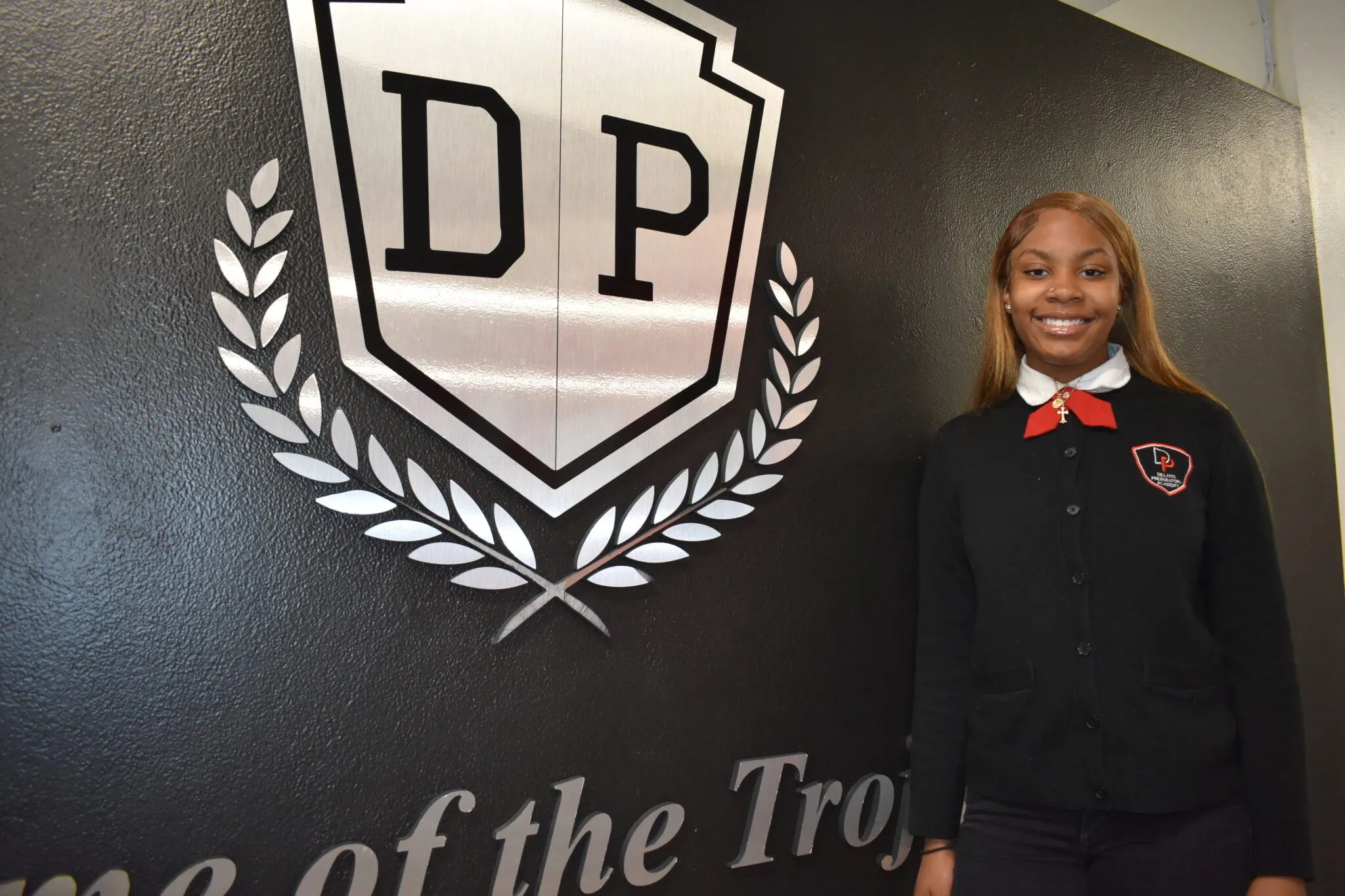Tag: Florida Tax Credit Scholarship

The sky is the limit: How an ed choice scholarship turned Aaliyah into a straight-A student
DeLAND, Fla.– A black sweater, white shirt, and a red tie lay on Aaliyah Tape’s bed when she returned home from a summer vacation spent with family. She knew what they were: a private school uniform. “Oh, Lord,” she thought. It was a message from Aaliyah’s grandmother, Cat Gracia, that... READ MOREWait till you see where Khyla is going
LAUDERDALE LAKES, Fla.— Khyla Beaujin’s first fashion show as a...
READ MOREEd choice scholarship a winning combo for the Newton family and Clearwater Central Catholic
CLEARWATER, Fla. — The Newton brothers’ reign at Clearwater Central...
READ MOREBy the numbers: Florida’s history-making growth of education options
This school year, Florida is empowering half a million students...
READ MOREAuthor! Author! Charisma loves school so much she wrote a book about it
SANFORD, Florida – Charisma Lowery loves fractions, which is not...
READ MOREFrom a vision to flyers to students: Former legislator finds new way to help kids – by starting a school
LEESBURG, Fla. – The first tangible evidence of a new private...
READ MOREWherefore art thou Genevieve? She’s directing the Tallahassee Homeschool Shakespeare Club
Drywall is piled three feet high in the attic of...
READ MOREThe path to being an advanced manufacturing engineer began with an education choice scholarship
The faces looking back at Da’Shaun Holmes appeared familiar. They...
READ MOREJaydis is a ‘powerful example’ of the transformative impact education choice can have on a student
ST. PETERSBURG – Jaydis Kincade sat at a picnic table in...
READ MOREAbout 123,000 new students receiving state K-12 scholarships, district sex ed plans due to DOE by Sept. 30, book reviews, cutting regulation and more
READ MOREFlorida scholarship programs set new records as enrollment soars
The 2022-23 school year got off to a strong start...
READ MORE

